Copyright 2017 by Alan Pell Crawford
All rights reserved
For information about permission to reproduce selections from this book, write to or to Permissions, Houghton Mifflin Harcourt Publishing Company, 3 Park Avenue, 19th Floor, New York, New York 10016.
www.hmhco.com
Library of Congress Cataloging-in-Publication Data is available.
ISBN 978-0-544-83646-4
Cover design by Martha Kennedy
Cover illustration Brian Ahjar
Author photograph courtesy of the author
e ISBN 978-0-544-83671-6
v1.0917
To Albert Epshteyn
Authors Note
Just a quick warning.
Readers hoping for a full-dress biography of Mark Twain might want to move on. A number of excellent Twain biographies are both easily obtained and well worth reading. Ron Powers, Fred Kaplan, Justin Kaplan, Jerome Loving, and Hamlin Hill, among others, have written books on Twain that Ive read, enjoyed, referred to, and even quoted in How Not to Get Rich. Most recently, Richard Zacks, in his estimable book Chasing the Last Laugh, offers a rich and absorbing look at Twains later years, as Michael Shelden has also done in Mark Twain: Man in White.
How Not to Get Rich, by contrast, attempts to offer a financial biography of Twainas a kind of angel investor, speculator, inventor, and what used to be called plunger. Here readers will see a different side of this remarkable mana man far less concerned with his literary efforts than with his investments, including numerous seemingly ridiculous inventions and contraptions on which he squandered millions of his own dollars. A few are Twains own inventions, but he didnt discriminate. Twain wasted a lot of money on others bad ideas too.
Mark Twain was no ordinary genius, a great nephew of his once recalled. Twain, he said, tried to be an Edison as well as a Shakespeare, and a few other great men besides. This book attempts no facile explanation for why Twain was so obsessed with making a great fortune. Theres a place for a good psychobiography of Mark Twain, but this isnt it.
Twains financial story is enough for one book. Readers who make it to the end of How Not to Get Rich will probably agree with that same great nephews assessment: Twain was a devil to do business withbut you cant help loving the man.
Another thing: Because How Not to Get Rich is about Twains business life, its about money. That means there are dollar figures throughout. Readers will want to know what the amounts referred to from 1877, for example, would be worth today. There are any number of methods for converting dollar figures from the past to their equivalents during other times, including our own. Making these determinations is always a challenge for historians, and no completely satisfactory method exists.
Throughout this book, Ive relied on calculations provided by www.in2013dollars.com, which uses a historical study of inflation rates conducted by Robert Sahr, a political science professor at Oregon State University. Despite its name, the site allows for conversions to 2016 values. Ive also checked many of these figures on a comparable site called MeasuringWorth.com, which relies on U.S. government statistics but only allows for comparison to 2015 values.
The results are rough estimates of what a given sum might be worth in our time. When a range of possible equivalents is offered, Ive gone with the lowest and, I assume, the most conservative estimate. In 1877, for example, a maid in Twains Hartford house was paid about $150 a year. Plug in those numbers and we learn that she would be making $3,300 in our time. The cook was paid $240 a yearor $4,400 now. Whether that salary was earned or not probably depends on what Twain thought of the cooking. That of course could vary from meal to meal as well as from year to year, and theres no way to quantify a mans moods, especially Twains.
A LAN P ELL C RAWFORD
S PRING 2017
1
|  |
|
Whatever I Touch Turns to Gold
Like most of us, Mark Twain hated writing checks to other people. But there were times when he happily paid out large sums. Issuing a check for $200,000 drawn on the United States Bank of New York on February 27, 1886, for example, made him almost giddy. The check was made out to Julia Dent Grant, the widow of Ulysses S. Grant. The former president of the United States and commanding general of the Union Army had died of cancer the summer before, just after completing his remembrances of the Civil War. That payment represented the first profits from sales of volume one of the Personal Memoirs of Ulysses S. Grant, published only a few months earlier by Charles L. Webster & Company, a startup publishing house that Twain had established two years before. He had installed a nephew, Charles Charley Webster, as its business manager. Webster got his name on the letterhead and a salary, but thats about all he got out of the position, besides aggravation. Twain made all the business and financial decisions, except when he didnt feel like it.
Twain would have been pleased to have published Grants memoir even if it had not broken all American publishing records for sheer profitability. Just landing the contract had required Twain to persuade General Grant to break a handshake deal with another publisher. The other publisher had offered Grant a 10 percent royalty. Twain countered by offering a royalty share unheard of then or since: 75 percent. The other publisher offered no advance against royalties. Twain said he would pay $25,000 upfront.
This was a bold gamblesome might say a reckless investmentbut it paid off. At that time, the $200,000 royalty check to Grants widow was the largest ever paid by an American publisher. In the months to come, Webster & Company wrote additional royalty checks to Grants family, bringing its earnings to $450,000, which again broke publishing records. Twain himself pocketed $200,000 for Grants memoirs. In our own time, thats about $11 million for Grants widow and $4.8 million for Twain.
This sounds like a lot of moneyand it was. In 1886, a coal miner made $1.50 per day and paid $6 per month to rent a house for his wife and five children. The familys annual food bill was $80, a pound of butter cost 35 cents and a dozen eggs, 40 cents. For the urban sophisticate, a mans suit cost $4.85, a piano could be bought for $125, and a three-bedroom apartment in Manhattan rented for $80 a month.
B Y THE AGE OF FIFTY, Mark Twain had achieved something he had dreamed of and worked for his entire life: He was rich. Raised in genteel poverty in small towns in Missouri (when Missouri was still the West), Twain as a grown man had rubbed elbows with the greatest business tycoons of the time. As the author of The Innocents Abroad, Roughing It, Life on the Mississippi, The Adventures of Tom Sawyer, and The Adventures of Huckleberry Finn, he had seen the world, or much of it. Russian princes and English lords fawned over him. Hundreds of thousands of people bought his books and lined up to hear him speak. With his earningsand his wifes inheritancehe had built a startlingly opulent, twenty-five-room mansion in high-toned Hartford, Connecticut. Justin Kaplan, the author of Mr. Clemens and Mark Twain, called the house part steamboat, part medieval stronghold, and part cuckoo clock.
And now, as head of his own publishing firm, making money for other authors, he felt like a great philanthropist. He could see himself as one of the true benefactors of the era. And it was an era he had named when he chose the title of one of his own bestsellers:
Next page
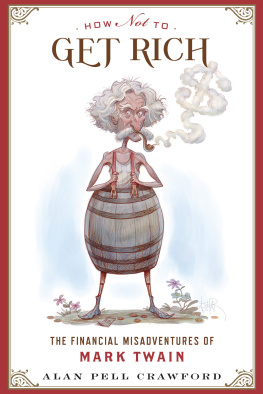
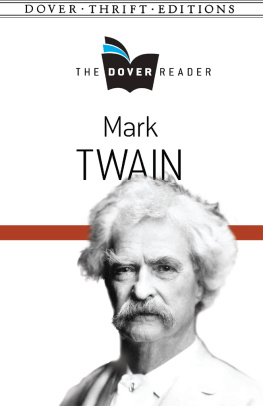
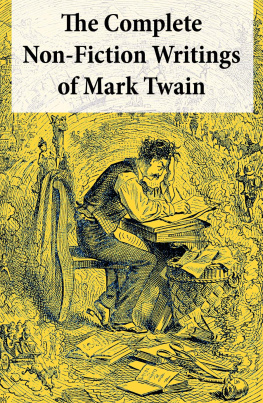
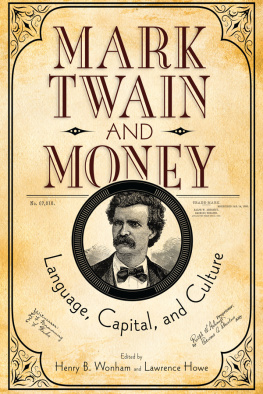
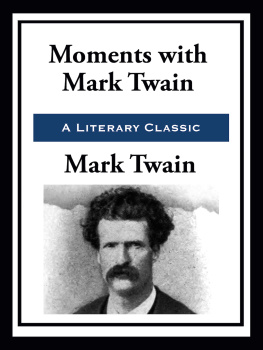
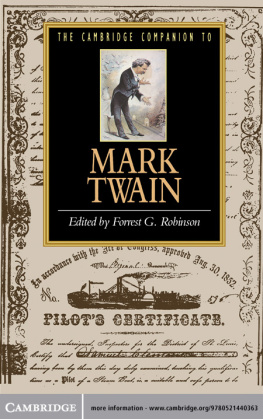

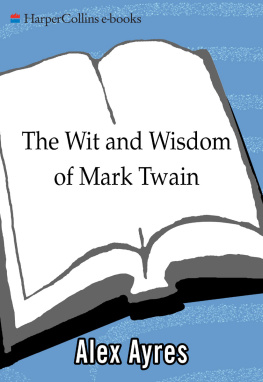
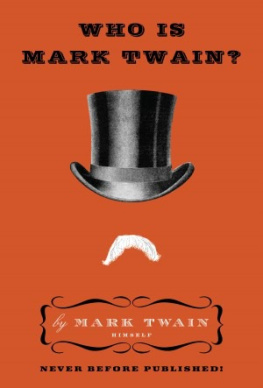
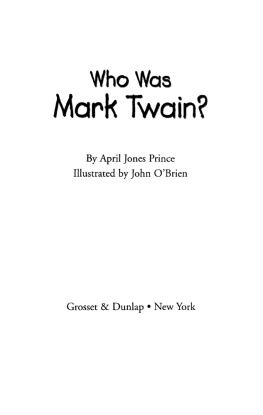
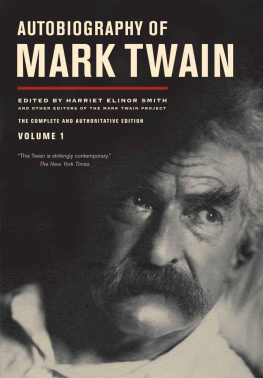
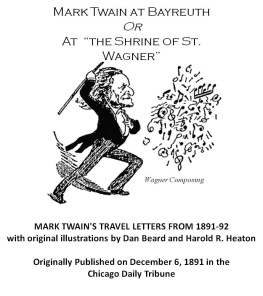
 |
|